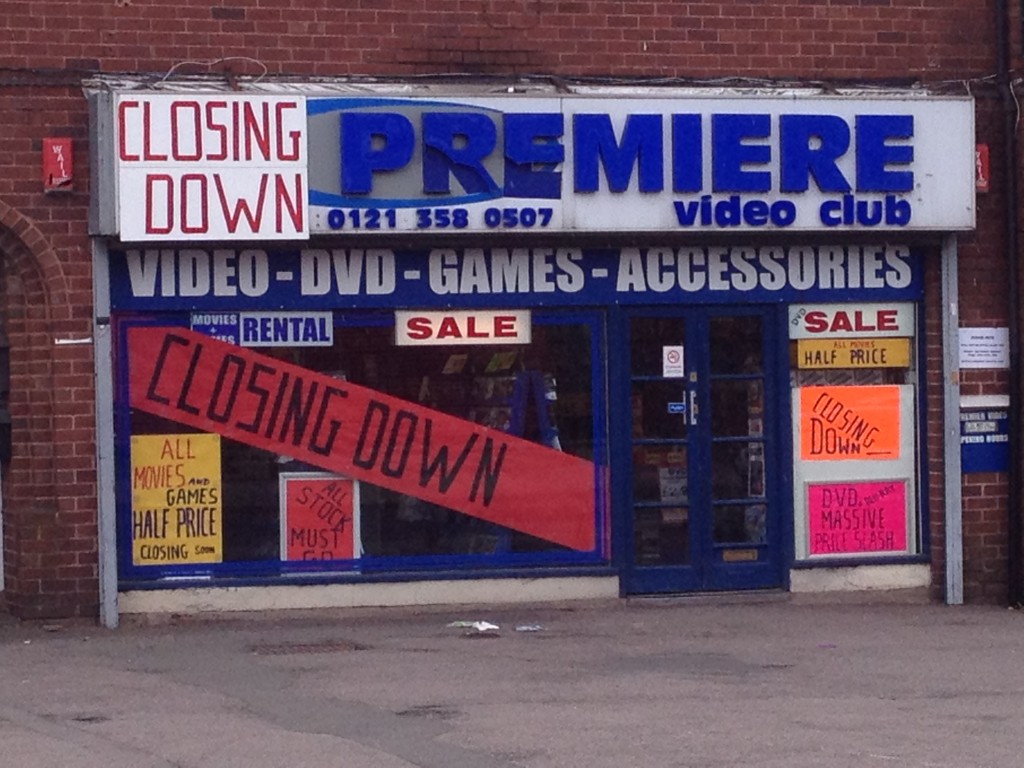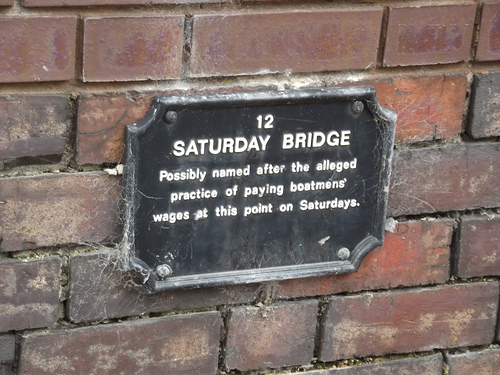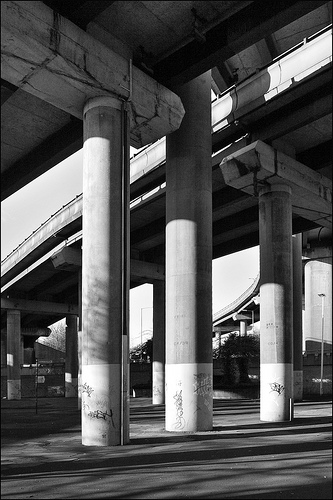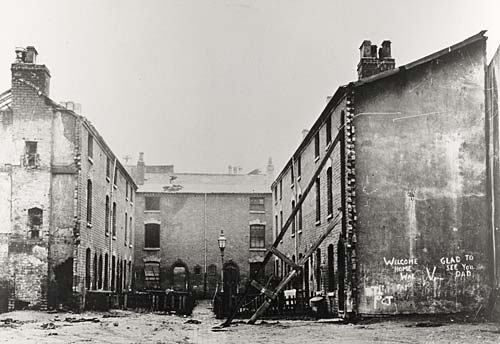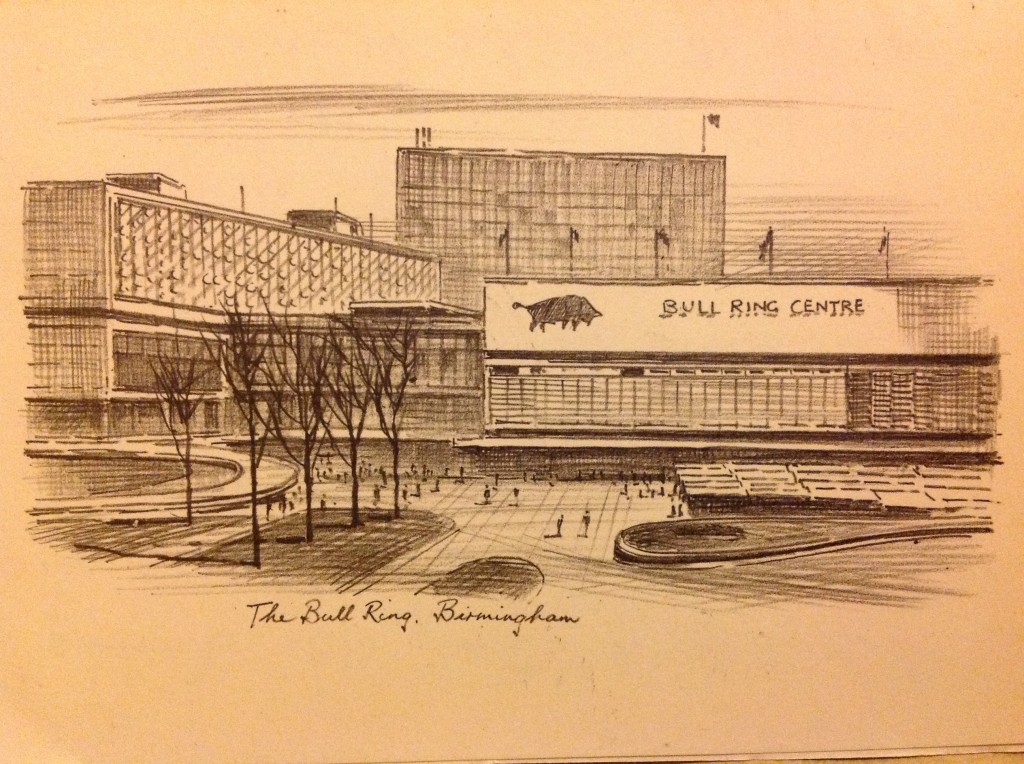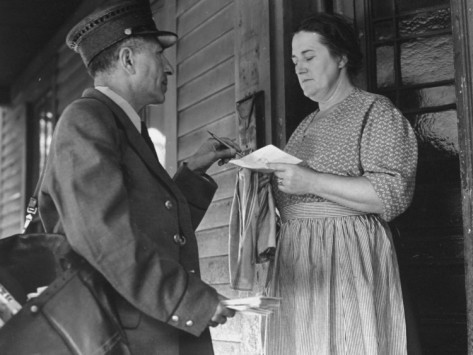With considerable local fanfare, the new New Street Station opened to the public this week. The re-development is still only at the halfway stage but the changes visible so far have already made a surprising and positive impact on the layout of the city. I experienced this first hand on Monday morning when I got off the bus in front of the old main entrance (which is now a building site), and strolled down the new walkway for a quick nose around before heading north on another bus.
I expected the short walkway to deliver me inside the new station concourse, but as I neared the other end I noticed sunlight and buildings. When I eventually emerged on what I discovered to be Stephenson Street I stopped, genuinely amazed. Up until this point it had never occurred to me that the New Street entrance and the bottom of ‘the ramp’ were so close together, or even on the same level. The layout of the city as I’ve known it all my life had changed.
According to a friend of mine, who in a previous life was travel correspondent on The Birmingham Post, architects and council officials had been saying for many years that the New Street building was a barrier to pedestrian movement in the city. The appearance of this walkway absolutely proves their point.
I was suddenly filled with Brummie pride and in a moment I became convinced that we might finally get a train station that does the very thing that the old New Street had so miserably failed at: provide a decent first impression of the city. Having not previously paid much attention to the development (I’m not a train user, I’m a bus kid) I immediately became a convert and a supporter of the project, and that was a tremendous feeling to have at 8am on a Monday morning. Prior to this mind-bending trip through a wormhole the most exciting thing to ever happen to me at New Street Station was when I became close personal friends with Hollywood actor Luke Wilson.
Continue reading “New Street Station: Platform to the Stars”



